A: The Science of Learning and Development (SoLD) Alliance is a growing partnership of leading education research, practice, and policy organizations committed to making the science of learning and development – and its most important lessons – key drivers of equity and excellence for every young person. In all of our work, we endeavor to support the education ecosystem to ensure each and every young person can thrive in school and in life. The governing partner organizations of the SoLD Alliance include the American Institutes for Research, EducationCounsel, Forum for Youth Investment, Learning Policy Institute, Populace, and Turnaround for Children.
A: The SoLD Alliance aims to make the science of learning and development a key driver of equity and excellence in the education ecosystem to ensure that all young people benefit from effective, high-quality, continuously improving learning environments designed to unleash and realize their potential for success in school and in life. We do this by identifying and translating key lessons from the science of learning and development, and by lifting up the work of others who are leading these efforts across the field.
A: The science of learning and development refers to the emerging and growing body of knowledge illuminating how young people best learn and develop. It brings together leading scientists and education experts from a variety of fields —including neuroscience, epigenetics, learning science, social and emotional learning, early childhood development, the science of adversity, and human development—to identify and articulate essential insights that can inform how best to transform education systems so that all young people thrive.
A: The SoLD Alliance is informed and led by a wide variety of experts from research practice and policy. The governing partners of the SoLD Alliance include Dr. Pamela Cantor, M.D., Founder and Senior Science Advisor of Turnaround for Children; Dr. Linda Darling-Hammond, Ph.D., President and CEO of Learning Policy Institute; Bethany Little and Scott Palmer, EducationCounsel, LLC; David Osher, Ph.D., Vice President at American Institutes for Research; Karen Pittman, Co-Founder, President, and CEO of the Forum for Youth Investment; and Dr. Todd Rose, Ph.D., Co-founder and President of Populace and Director of the Mind, Brain, and Education Program at Harvard Graduate School of Education.
A: The SoLD Alliance (formerly the SoLD Initiative) began with a hypothesis that the emerging lessons from the science of learning and development could yield powerful insights into how we can best educate and support our nation’s young people. Since its founding, the SoLD Alliance has convened leading scientists and education experts in a number of fields— including neuroscience, epigenetics, learning science, social and emotional learning, early childhood development, the science of adversity, and human development —to understand the converging lessons from the science of learning and development with the greatest import for education practice and policy.
In the process, we learned that science tells a positive and powerful – though often misunderstood – story about how children develop, how they become learners, and how their environments can nourish or hinder the expression of their fullest potential. We also learned that there is a growing community – an education ecosystem – of leaders, organizations, and systems, committed to learning from and using the lessons from the science of learning and development to achieve equity and excellence for all students.
A: The SoLD Alliance understands that our “education system” isn’t limited to the traditional idea of kindergarten through 12th grade. Instead, it begins with early childhood education, continues after high school, and expands beyond the classroom. Before- and after-school programs, youth development programs, and other community-based learning environments are all critical actors in helping young people develop socially, emotionally, academically, and physically. Similarly, we use the term “educators” to include various adults who are engaged in supporting learning and development in these settings.
A: Using insights from the science of learning and development, the SoLD Alliance supports leaders in research, practice, and policy in relevant and actionable ways, and serves as a multidisciplinary, field-building force. We tackle this work in partnership with others, including our National Advisory Committee, in order to cultivate and elevate the science of learning and development as a leading driver of education equity, improvement, and excellence.
Our current work includes building and supporting the ecosystem of leaders who can elevate the science of learning and development to advance equity and excellence. We create and curate accessible, field-tested tools and resources that are designed to enable engaged stakeholders across multiple sectors to learn key lessons from the science of learning and development, make them useful and valuable to their work, and productively use the science to guide their practice.
A: The field of science and STEM is important, but our focus is on the science of learning and development, and what it tells us about how young people learn.



